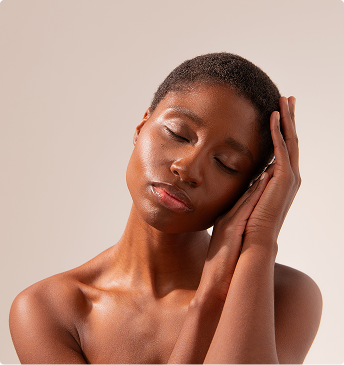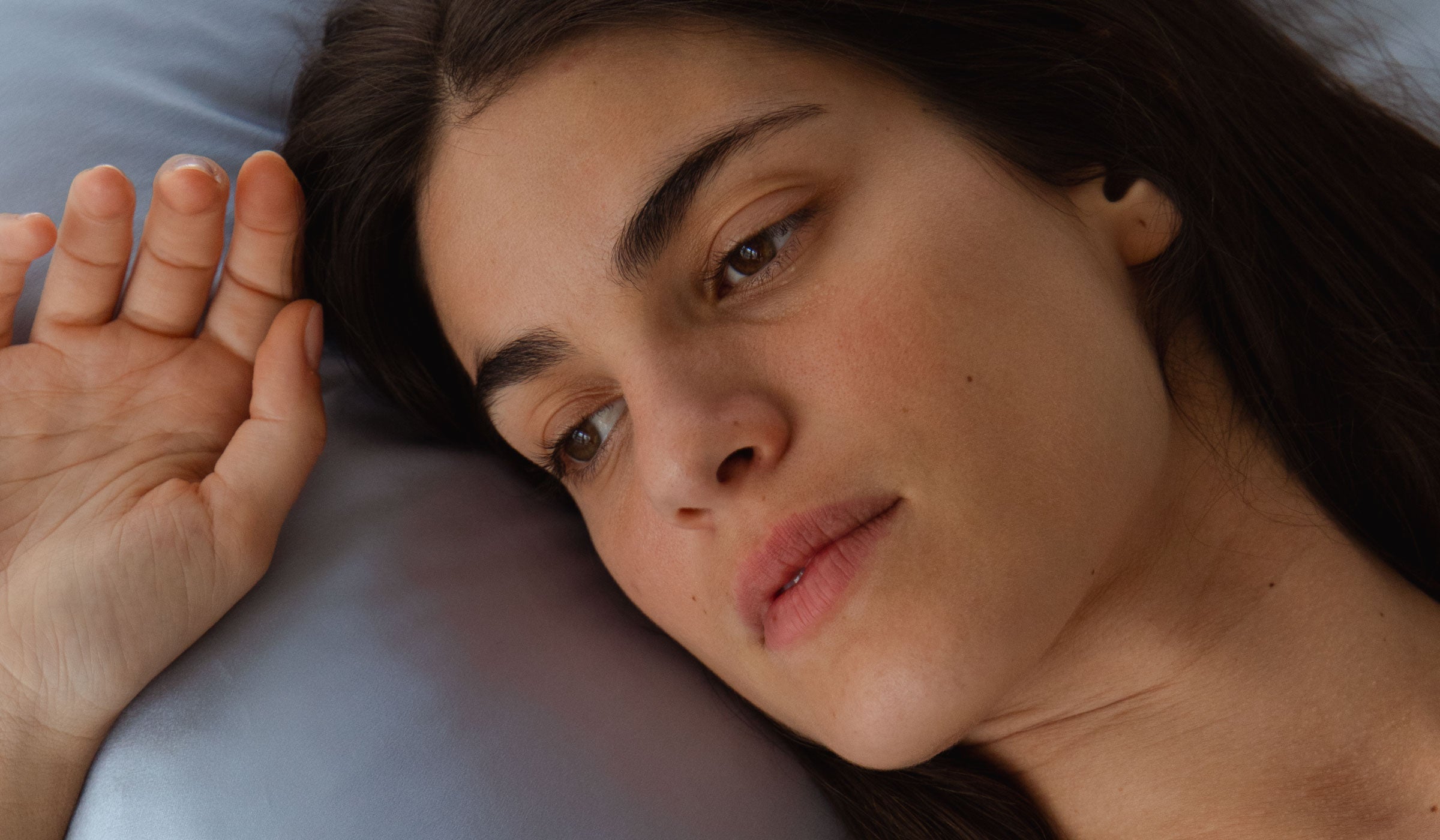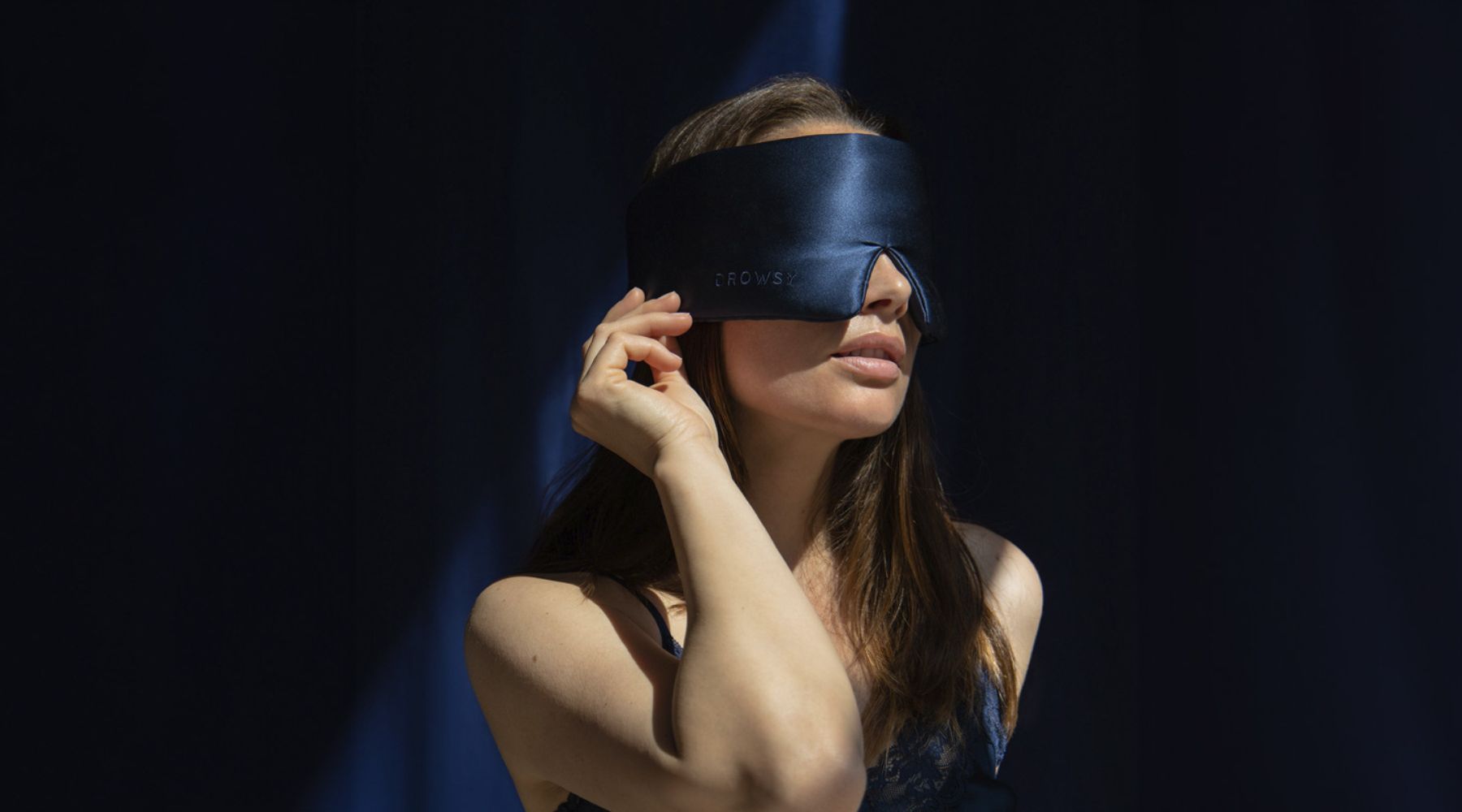Fast Track to Faster Sleep: Expert Advice
For decades, scientists have studied sleep and provided critical insights. By incorporating these expert tips, you can significantly enhance your life quality. Good sleep not only boosts your health but also improves your skin condition. Implement the advice below for effective results!
Exploring sleep cycles and combating insomnia
Contrary to popular belief, eight hours of sleep might not be essential. What’s important are five sleep cycles, each about one and a half hours long. The initial two cycles are essential, while cycles three and four offer rest, and the fifth provides extra recuperation if you sleep less the following night.
During each cycle, you experience four stages: the transition, cooldown, deep sleep, and REM sleep, where dreams occur. Deep sleep predominantly happens in the first three cycles. It’s normal to wake up briefly between the fourth and fifth cycles, which is not a concern.
Insomnia involves struggles with falling asleep or staying asleep throughout the night. Additionally, sleep quality can be compromised even without noticeable insomnia symptoms, such as in sleep apnea cases where individuals wake frequently due to breathing interruptions.
Understanding the sleep stages
Mastering the Initial Stage of Sleep
Struggling to drift off? The first stage of sleep is crucial and can be disrupted by too much light, heat, noise, or mental activity. Here's how to expertly manage this crucial phase.
Ease into Sleep
Jumping into bed with an active mind is like trying to sleep right after a sprint. Instead, dedicate 30 to 60 minutes before bed to winding down. Avoid work-related emails, contentious discussions, or any stressful thoughts. Opt for reading a soothing book or engaging in light conversation with your partner, steering clear of digital screens.
Stick to a Sleep Schedule
Consistency is key for your body's internal clock. By going to bed at the same time every night, your body begins to anticipate sleep, naturally producing melatonin to help you wind down and get ready for rest..
Banish Blue Light
The blue light from electronics can inhibit melatonin production, tricking your brain into thinking it’s morning. While using red filters on devices may help, it’s best to avoid these screens altogether during your pre-sleep routine due to their stimulating nature.
Fresh Air for Better Sleep
Ensure your sleeping environment is ventilated. Opening a window before bed can reduce indoor pollutants and introduce cooler, fresher air, aiding your body's natural cooling process necessary for sleep.
Monitor Your Meals
Eating too close to bedtime can keep you awake as your body works to digest the food. Aim to finish eating at least four hours before bed, especially if consuming heavier, fatty meals.
Flexible Transition Time
If sleep doesn’t come within 30 minutes, don’t stress. Sometimes, accepting that you might not need as much sleep on a given night can reduce anxiety. If needed, get up and engage in a calming activity, then try to sleep again later. Focus on the relaxation that lying down brings, and let sleep come naturally.

Enhancing Sleep Quality by Blocking Light
Light plays a crucial role in regulating our sleep cycles. Exposure to morning light energizes us, while dim lights in the evening signal to our bodies that it's time to wind down. For those who find this to be a problem, wearing a sleep eye mask can be a good solution. A silk mask, available in a variety of colors like the calming Green Sapphire, the deep Black Jade, and other soothing shades, can block out all light. This makes it much easier to relax and fall asleep. These masks are made for comfort and complete darkness, ensuring you get the restful sleep you need.







